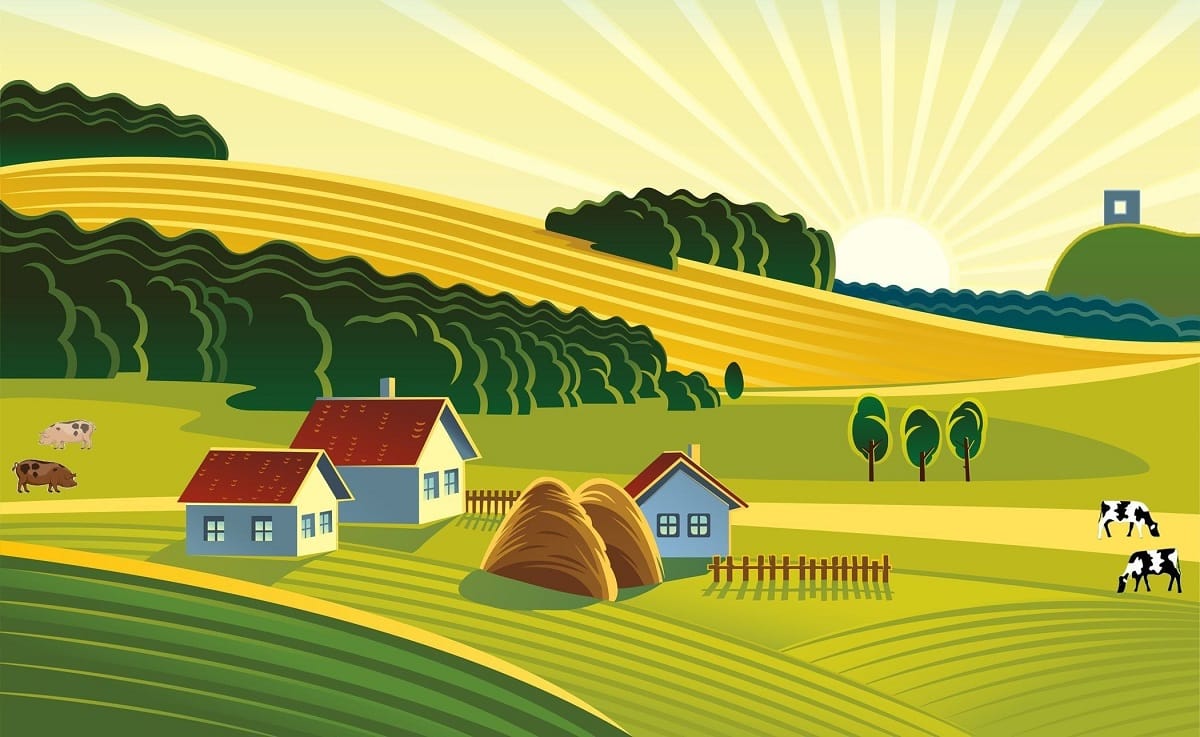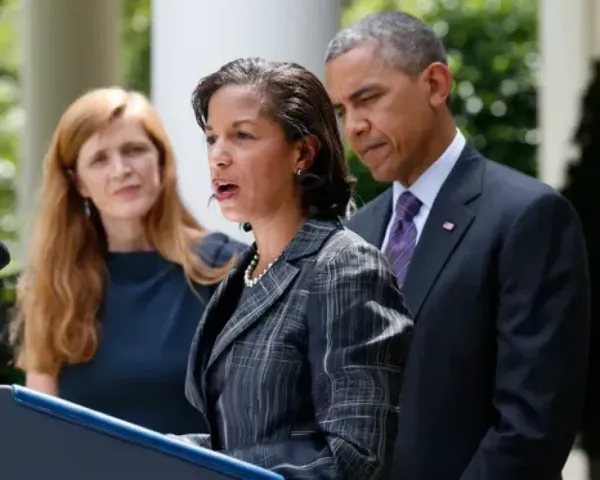Broadband Communities and Rural Telecommunications Congress Announce Postponed Summit on August 10-13, 2020
March 17, 2020 – Broadband Communities and the Rural Telecommunications Congress have announced that Broadband Communities Summit and its rural broadband track, which were previously scheduled for late April, have been postponed until August 2020 because of concerns associated with the coronavirus.

March 17, 2020 – Broadband Communities and the Rural Telecommunications Congress have announced that Broadband Communities Summit and its rural broadband track, which were previously scheduled for late April, have been postponed until August 2020 because of concerns associated with the coronavirus.
The Summit is now scheduled for August 10-13, 2020.
“We wish to thank all of you for your understanding and support as we navigated through these uncertain times; our attendees’ health and safety have always been our first concern,” said Barbara DeGarmo, CEO of Broadband Communities.
The event remains at the Marriott Marquis Houston, Texas. For those who have already paid the registration fee, Broadband Communities will roll registrations over to the August dates.
If you have registered at the Marriott Marquis Houston, the hotel will be canceling all guest room reservations booked within the BBC block this week. Registrants will receive an email from the hotel once a reservation has been canceled. Conference attendees will need to go and book new reservation under based on the August dates.
“Rural Telecommunications Congress is supportive of the postponement of the Broadband Communities Summit,” said Drew Clark, President of the Rural Telecommunications Congress and Editor and Publisher of Broadband Breakfast. “In recent days, it has become clear that in-person events for our community will not happen until July or August at the earliest.”
For the tenth year in a row, the non-profit RTC has co-hosted the rural track at the summit, the premier national gathering for the broadband fiber and infrastructure community.
Use this link to register for the summit, and use VIP Code: RTC410. This registration code entitles the user to more than 56 percent off the regular purchase price.
“The Broadband Communities Summit is the leading event for community leaders, multifamily property owners and network builders and deployers interested in the building, managing, marketing and monetizing of high-speed broadband technologies and services,” said De Garmo. “It is focused on the successful delivery of high-speed broadband networks to communities – from multifamily properties and planned developments to the city or town where you live.”
“The Rural Telecommunications Congress is pleased to build on a decade-long partnership with Broadband Communities,” said Clark. “Our focus on broadband planning, broadband infrastructure, and broadband usage for rural communities dovetails extremely well with this outstanding summit.”
The scheduled kickoff event for the rural broadband track at this year’s summit is “The Rural Digital Opportunity Fund – What Does it Mean for You?” moderated by Carol Mattey of Mattey Consulting. It is set for Tuesday, August 11, at 2:10 p.m. CT.
The FCC, with its newly implemented Rural Digital Opportunity Fund is distributing lots of money for financing rural broadband. Our panel of experts will guide you through what the fund is and what it means for your company, co-op, or community.
Next up is “Wireless Service in Rural American, Licensed and Unlicensed.”
Wireless Internet Service Providers are among the companies most at the forefront of helping Rural American meet its broadband needs. Most of them currently make use of unlicensed radio frequencies. This panel will consider a number of licensed or quasi-licensed frequencies that will be soon be available for auction by the FCC in the Citizens Broadband Radio Service (CBRS) band, as well as other wireless uses for delivering broadband.
On Wednesday, August 12, the rural broadband track is scheduled to feature three panels: “Connecting the Middle Mile and the Last Mile in Rural America,” “Rural Success Stories,” and “Better Broadband Mapping for Rural America.”
The middle mile session addresses numerous examples of middle-mile networks and the success they have had in connecting to last-mile networks in rural America.
The rural success story panel will address the difference that broadband makes when deployed in rural America, exploring numerous “success stories,” and examining what they have been able to do with their improved broadband.
Broadband mapping continues to be very much in the news. Much of the recent legislative focus on the topic has been driven by concerns from constituents in rural areas who are considered “covered,” when they are in fact living in a broadband desert. This session will consider recent controversies in broadband mapping, discuss the FCC’s Digital Opportunity Data Collection Report, and examine what particular communities are doing to map out broadband.
The rural broadband track is scheduled to conclude on Thursday, August 13. The two sessions that day are scheduled to be “Apps for Rural America: Putting Better Broadband to Better Uses,” and “Opportunity Zones and Foundations.”
Broadband matters not because of the “feeds and speeds,” but because of the uses to which it is put. These include telehealth, education, senior connected living and telecommuting. What do these apps mean for rural America? Do they work? Are there legislative, policy or business insurance hurdles to overcome as they are used more and more in rural areas? These are just a few of the questions, come hear the answers.
The concluding session on Opportunity Zones will address the productive collaborations currently underway between foundations, rural communities, and investors seeking to take advantage of the savings available in the tax reform bill’s Opportunity Zones. The panel will specifically explore broadband’s role in Opportunity Zones.
Don’t forget to use VIP Code: RTC410 when you register for the summit.
For more about the summit, visit the home page, and learn more about the Summit Chairmen.
Editor’s Note: The original post on the conference was published on February 14, 2020; This post was updated on March 17, 2020











Member discussion